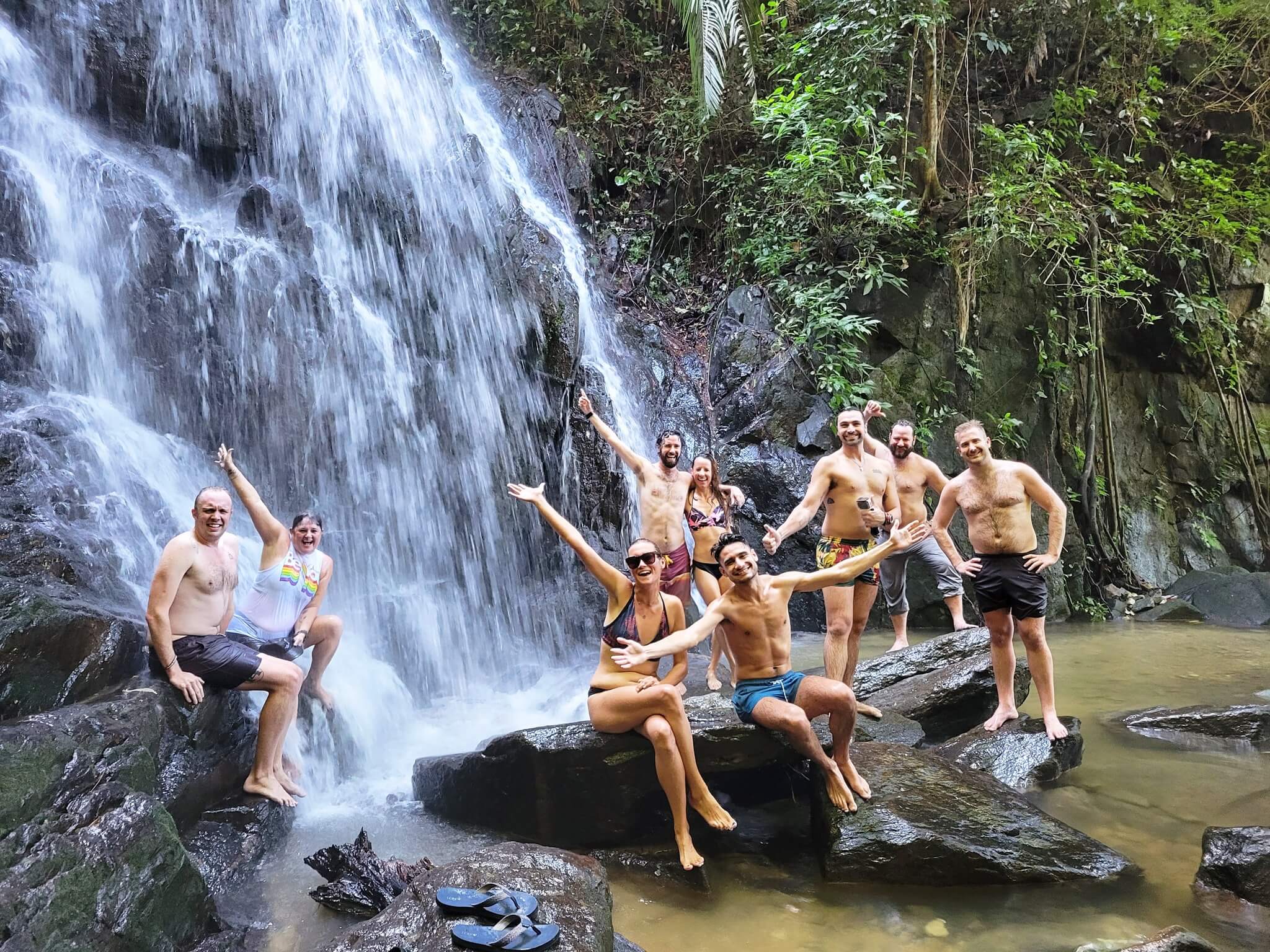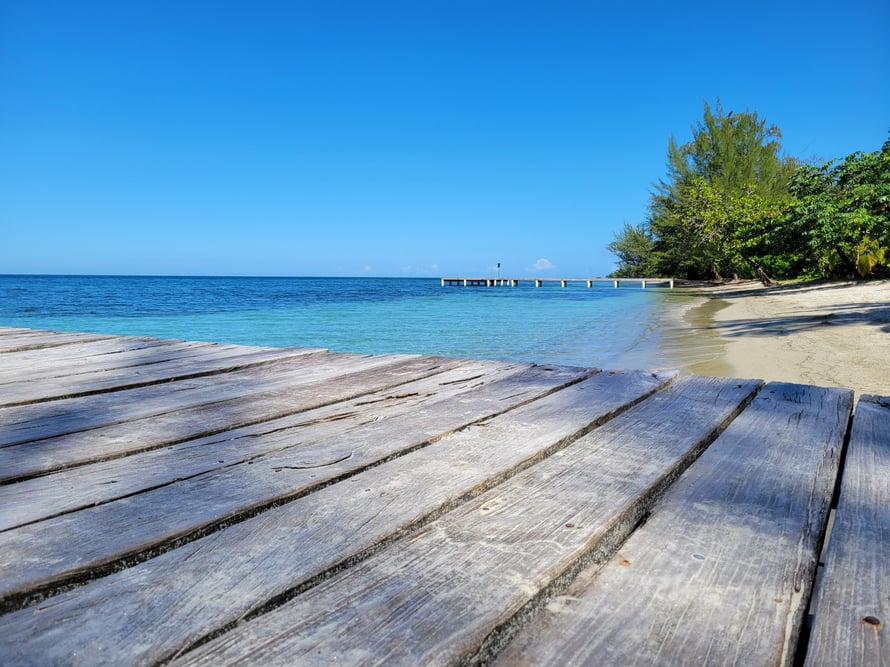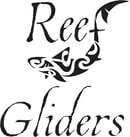Guanaja...off the beaten path

Guanaja (pronounced: gwa-na’-‘ha). Is one of the lesser-known but equally idyllic bay islands of Honduras.
Little has changed on this unspoiled refuge since Christopher Columbus sailed here in 1503. Swaying pines, dense rain forests, lush mountains, sandy beaches, and blooming orchids welcome minimalists to the “Island of Pines.”
Guanaja’s fringing reef is a protected marine reserve making it an ideal spot for scuba diving and snorkeling nearly anywhere offshore the mainland. Part of a volcanic and coral mountain range called The Bonacca Ridge. It offers a mixture of pinnacles, vertical walls, lava tunnels, and wrecks, including the nearby Jado Trader, one of the most sought-after wrecks in the Caribbean. It also boasts nearly every species of coral growing in the Caribbean Sea, including several species of rare black coral and sponges of all colors, shapes, and sizes.
The many moored dive sites dot the best diving reefs providing ample opportunities to dive shallow & deep reefs, caves, canyons, underwater volcanic vents and walls that plummet from a mere 20 feet to more than a 1000 feet. Visibility is normally around 60 feet and peaking at 100 feet. During the rainy season visibility can be less at times.
Guanaja offers an abundance of marine life ranging from sharks, eagle rays, turtles, sting rays, moray eels, hundreds of tropical fish species, octopus, lobsters and Caribbean King crabs. Vibrant coral formations, large sponges, and aquatic plant life are thriving in the crystal clear waters all around the island. Diving Guanaja presents great opportunities for photographers.
For all these reasons we’ve added this destination to our range of specialty trips.
After two exciting dives with Reef Gliders, we head to one of our wonderful hosts for a spectacular overnight stay before heading for two more dives the following day.
Guanaja is a developing island in a developing nation. We specifically choose the hotel we say at because it supports a better future for Guanaja as much as possible through environmentally friendly practices and standards as well as involvement in local social and environmental initiatives. 
